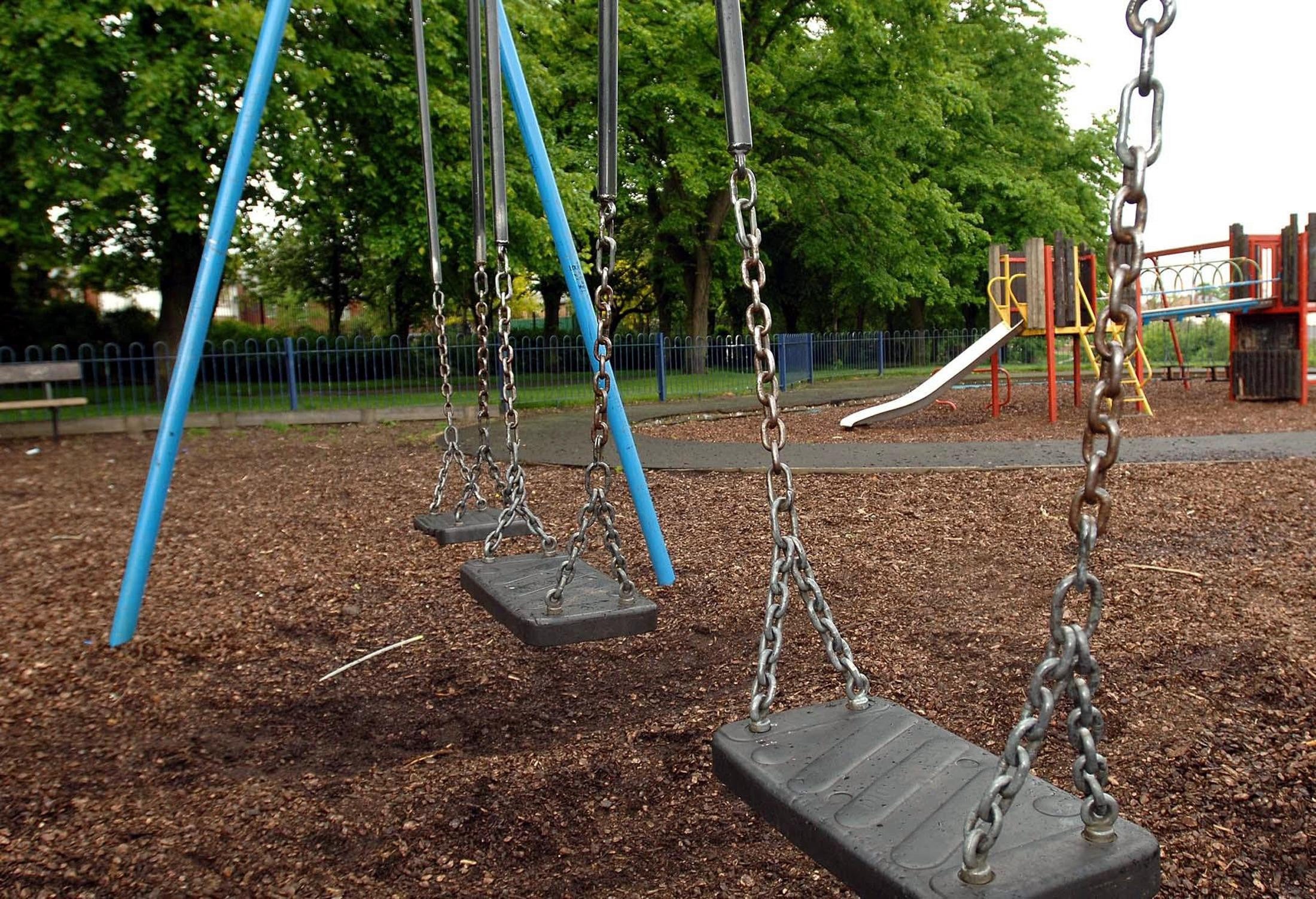Minister: We cannot stop evil against children but review can help limit cases
Will Quince told MPs his priorities in improving services.

Major reforms to children’s social care will not “prevent evil” but offer an opportunity to limit the number of tragic cases, an education minister has said.
Will Quince told MPs his priorities in response to the Independent Review of Children’s Social Care in England include improving the protection system and supporting families to care for their children.
The minister also acknowledged he cannot prevent further abuse and neglect cases similar to six-year-old Arthur Labinjo-Hughes and 16-month-old Star Hobson, but insisted the review offers a “road map” to ensure they are “as rare as they are tragic”.
The review, led by former teacher Josh MacAlister, called for a “radical reset” to improve the lives of children in care and their families.
It suggested a windfall tax should be imposed on profits made by the largest private children’s home providers to fund the overhaul of England’s “dysfunctional” care system.
Among more than 80 recommendations is a call for someone’s experience of being in care to become a protected characteristic, recognising that many children in care and care leavers experience discrimination or stigma.
The review also says young offender institutions should be phased out over the next decade as they are “wholly unsuitable” for children.
Mr Quince said the Government wants to publish an “ambitious and detailed” response and implementation strategy before the end of the year.
Speaking in the House of Commons, Mr Quince explained how every weekend he reads the serious incident notification report which details all children that have been killed, murdered, abused, neglected or have taken their own life over the course of the previous week.
He told MPs: “It is a harrowing read, and whilst I know no legislation, no process, no procedure or no review, however good it is, can prevent evil, nor can I promise that there won’t be further cases like Arthur or Star or Victoria or Daniel or Peter, with this most excellent review … I believe we have a plan, a road map, we have an opportunity that we must and will grasp to ensure that these cases are as rare as they are tragic.”
A national safeguarding review into the deaths of Arthur and Star is due to be published on Thursday.
Labour said the Government’s response so far would not deliver the “transformation in children’s social care that the review demands”.
Shadow education minister Helen Hayes said: “This review represents an opportunity to deliver the total reset that is needed in children’s social care, it’s an opportunity that must not be missed and we will hold the Government to account every single day on the framework of support and the outcomes for our most vulnerable children.”
Anna Edmundson, NSPCC head of policy, said: “This report, alongside the forthcoming national panel review into the deaths of Arthur and Star, is an opportunity for government to revolutionise children’s social care.
“There’s not a moment to lose as the cost of inaction, both human and financial, is too high.
“We want to see a child protection system that’s focused on early intervention, and puts children first, and it is clear from the Education Secretary’s pledge to ‘dramatically reform thechildren’s social care system’ that government recognises the scale of the problem.”
She called on Education Secretary Nadhim Zahawi to “galvanise” fellow ministers to ensure there is the “political will and commitment to urgently turn around children’s social care in England”.
Mr MacAlister’s review is calling for investment of around £2.6 billion over the next four years.
The changes would mean almost 30,000 more children living safely and thriving with their families over the next decade than if things stayed as they were, it estimates.
But without a dramatic reset, outcomes will remain “stubbornly poor” and it estimates there will be around 100,000 children in care in 10 years, costing more than £15 billion a year.
It says the Government must address child poverty rates and other factors that push children into care, and that, without wider action, reforms “risk treating the symptoms and not the cause”.
Bookmark popover
Removed from bookmarks